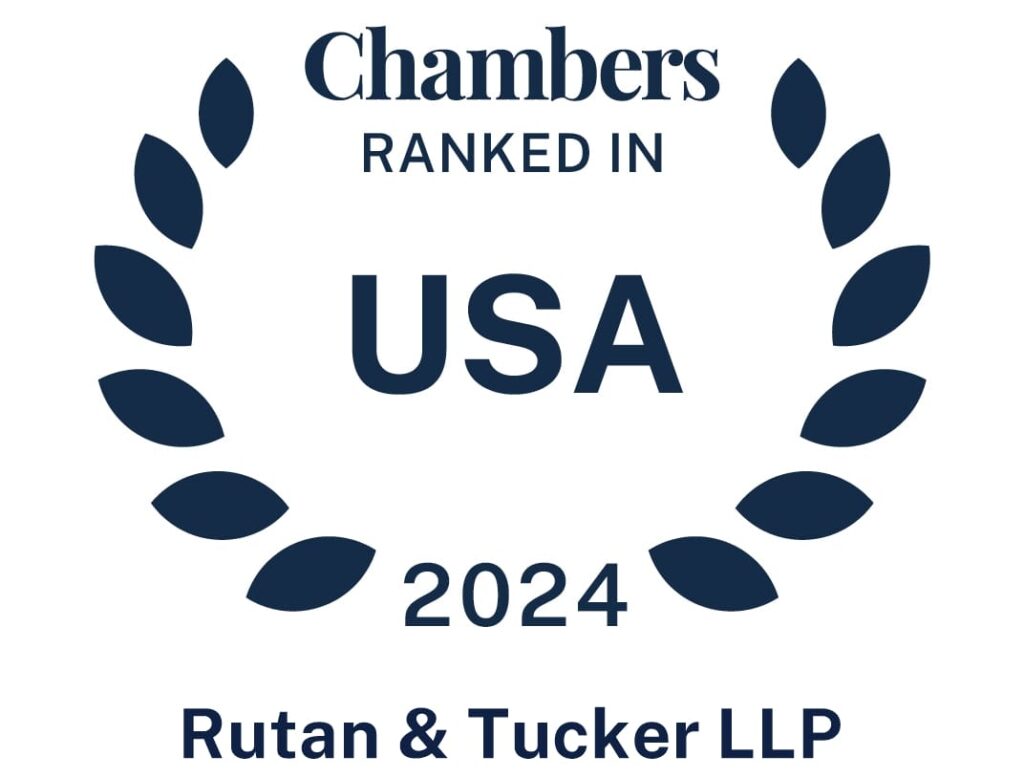SHRM
Many employers would agree that sick workers should stay home to recover and that employees should be able to care for ill relatives when needed. But the proliferation of state and local sick-leave laws with different requirements can burden employers with significant administrative and compliance challenges.
At the end of March, Michigan became the 11th state to require private employers to offer paid sick leave for workers to recover from an illness, seek medical care or care for a sick relative. The Great Lakes State joined Arizona, California, Connecticut, Maryland, Massachusetts, New Jersey, Oregon, Rhode Island, Vermont, Washington and Washington, D.C., in requiring businesses to offer such benefits. Many of these laws also allow workers to use paid-sick-leave accruals for “safe” time if they are targets of domestic violence, sexual assault or stalking. Additionally, Oregon law provides safe time for harassment targets.
Peter Hering at Rutan & Tucker told SHRM, “The trickiest compliance issue for employers is developing policies when the local law is not compatible with the state law.”
Compliance is particularly challenging in California, where, in addition to the state law, Berkeley, Emeryville, Los Angeles, Oakland, San Diego, San Francisco and Santa Monica each have their own requirements. The statewide Healthy Workplaces, Healthy Families Act covers all employees who work in the state for at least 30 days in a 12-month period for the same employer. Full-time, part-time and temporary workers must accrue at least one hour of paid leave for every 30 hours they work, though employers may limit the use of paid sick leave to three days per year.
The leave allowances under local laws are more generous than the California law, but each one has slightly different requirements. Furthermore, Los Angeles has a special ordinance that gives hotel workers more protected time off than workers in other industries. Long Beach also has paid-leave requirements for hotel workers.



